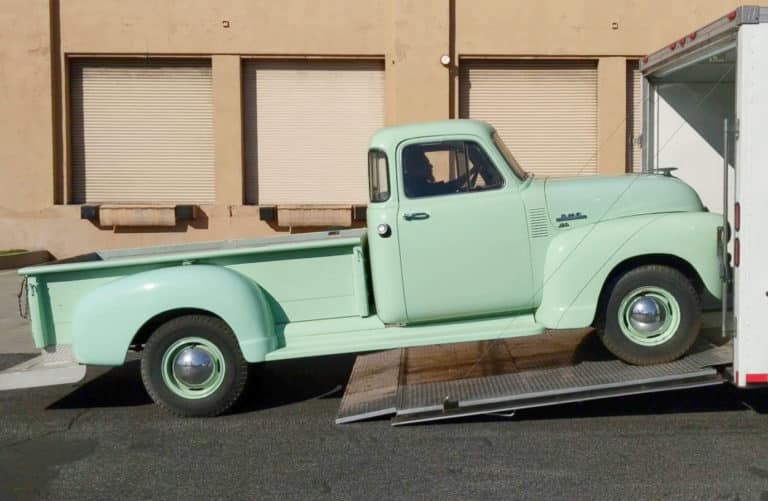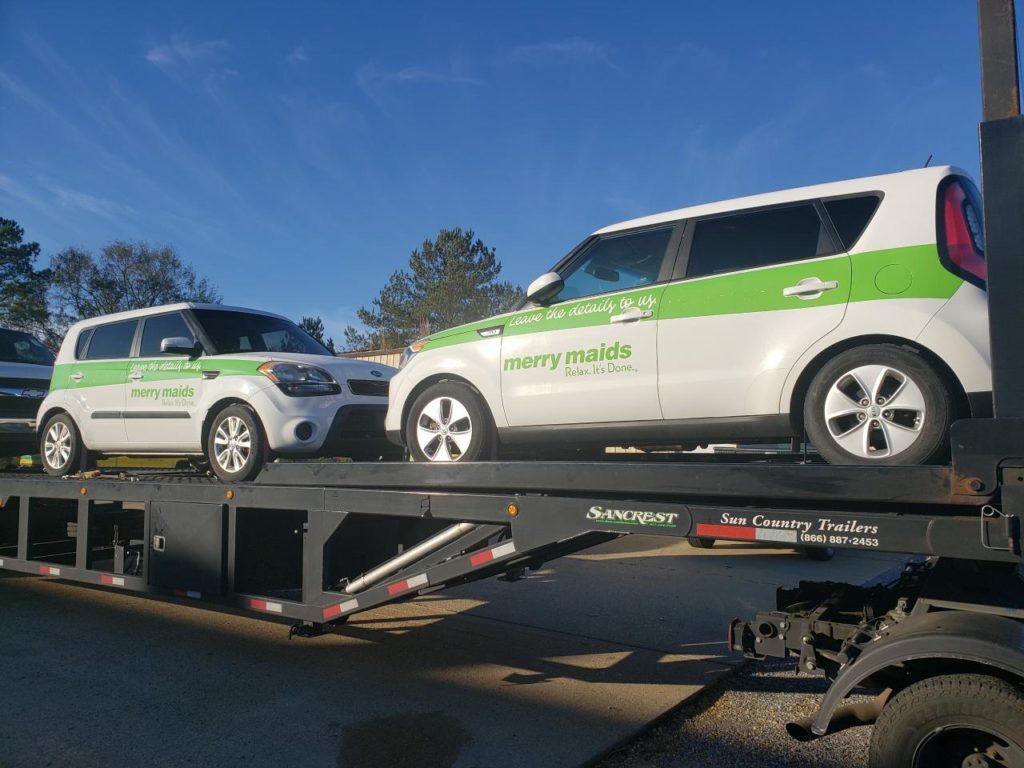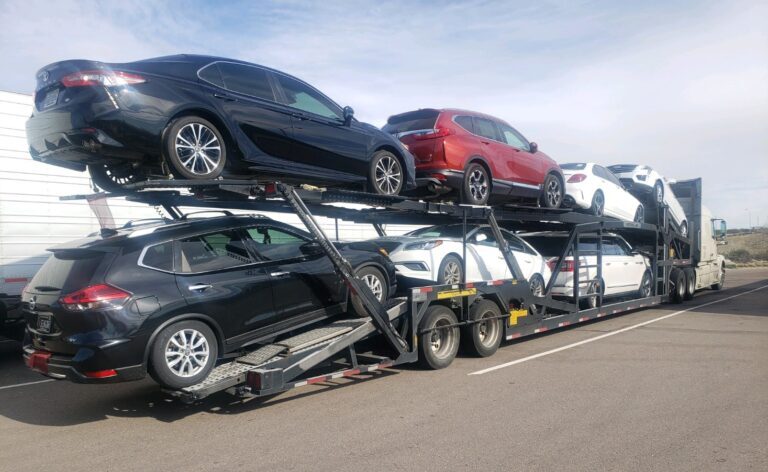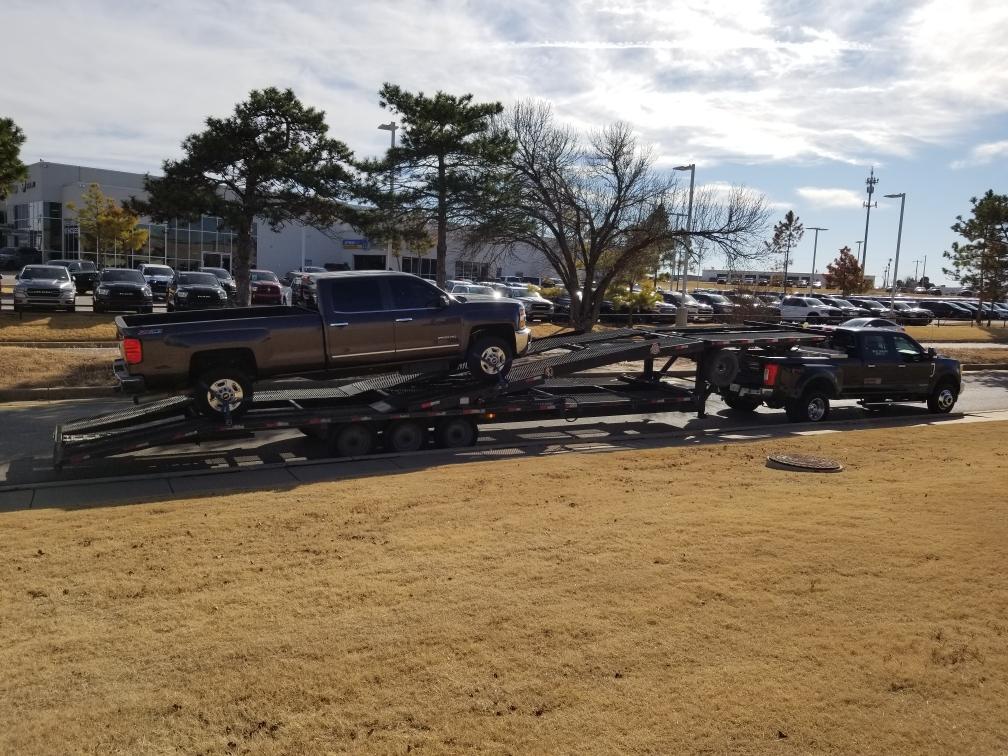” Damages are not an expected part of the freight hauling process, but in the event it does happen having a completed, final form will reduce the stress and time involved when making an insurance claim. It’s a useful tool for both parties to ensure that hauled vehicles are shipped safely, securely, and that both the drivers and customers are kept honest. “
Read Time: 5 minutes.


If you’re considering using an auto transport company for the first time, a Bill of Lading may well be something that you haven’t seen before. It doesn’t matter if you’re shipping your vehicle just 50km upstate or if you need long-distance hauling from Arlington to New York, shipping to Canada or Mexico, a Bill of Lading is an important document that shouldn’t be used lightly.

The bill is a required, legally binding document that provides the carrier and the driver with all the details needed to process freight and invoice correctly. It serves both as a receipt and as one of the most important documents used when filing an insurance claim related to damages in transit.
Most common aspects of a Bill of Lading are:

When it comes to auto transportation, the Bill of Lading is used to record existing external damage and damage that has occurred during transit. Damages are not an expected part of the freight hauling process, but in the event it does happen, having a completed, final form will reduce the stress and time involved when making an insurance claim. It’s a useful tool for both parties to ensure that hauled vehicles are shipped safely, securely, and that both the drivers and customers are kept honest.
It’s also a useful document for confirming shipment information, such as the automobiles shipped, intended pickup and drop-off locations, and a variety of other details that will make sure your chosen transporter hauls your car to the right place at the right time.
When shipping a variety of autos, including cars, trucks, and specialty vehicles, this process occurs. Auto Transport does vehicle inspections at both pickup and dropoff, to accurately catalog the effects of long haul transport on any cars under their care.
Inspections will take place before your vehicle is loaded onto any trucks or trailers for long-distance transport. This inspection should be done by both yourself and the driver, noting any scratches, dents, and pre-existing damage for which the auto transport company can’t be held responsible.

During this inspection, an image of your vehicle should be marked with areas of existing damage, and accompanying notes and photographs taken. At the end of the journey, the same full inspections will occur, and either yourself or the driver should catalog any NEW damage before you sign any further paperwork.
Both parties should only sign the Bill of Lading after each inspection is complete. Copies will be provided once complete. Vehicle inspections form an integral part of the shipping process, and all estimates regarding the timetable of deliveries will take this into account. Even if you choose expedited delivery, a service offered by Auto Transport, a comprehensive Bill of Lading will be filled out.
Now, we hope you have the tools to choose the best auto transport company. Doing your homework on auto transport companies helps you have a good experience. At AutoTransport.com a logistics agent will answer any questions you may have. We will guide you through the transport process from quote to delivery. Licensed, bonded, and insured, we have a quality reputation. When choosing the right auto transport company, we hope you’ll consider us.
Natasha Post
Expert in all in things auto-transport. Natasha has been with the company for 3 years and is actively reaching new milestones for the company with her marketing team.